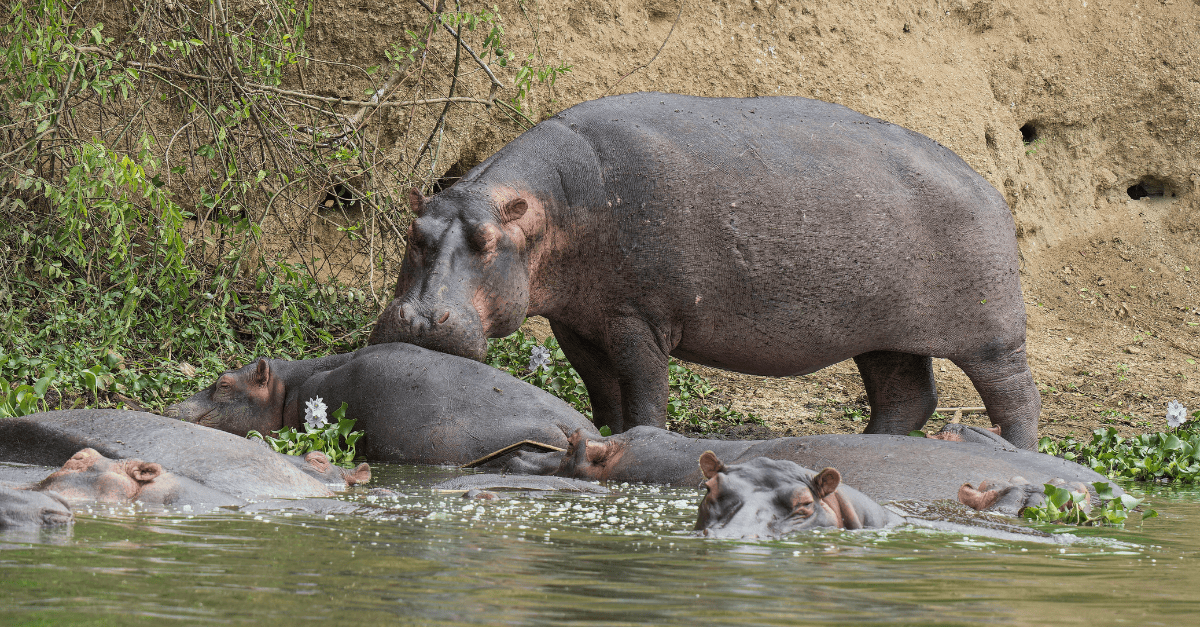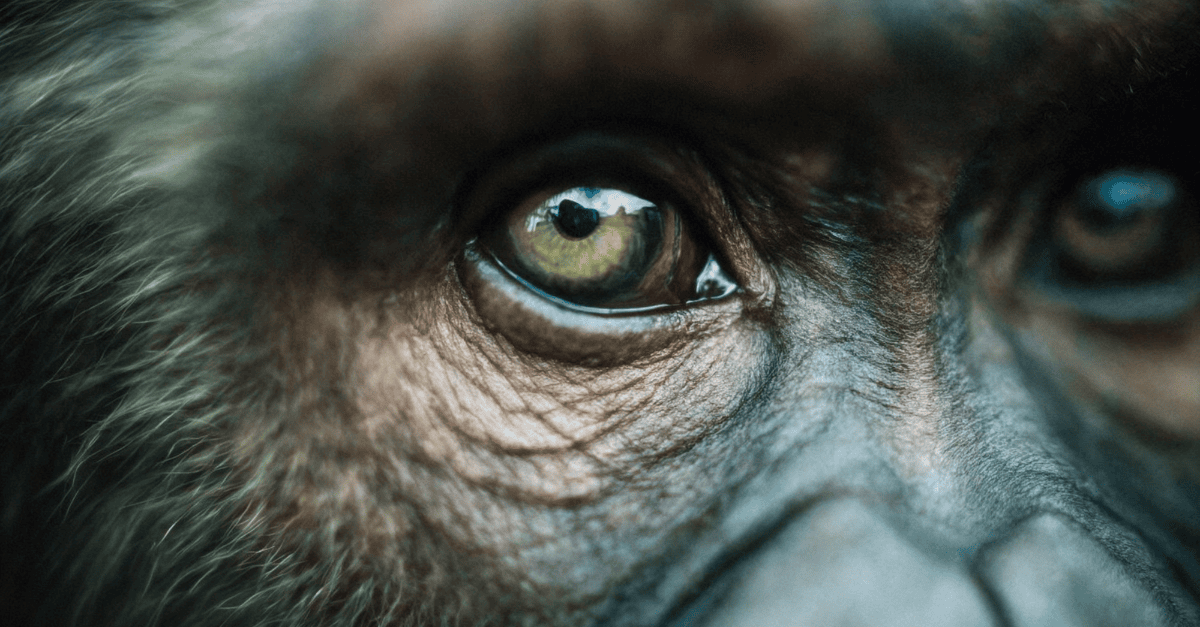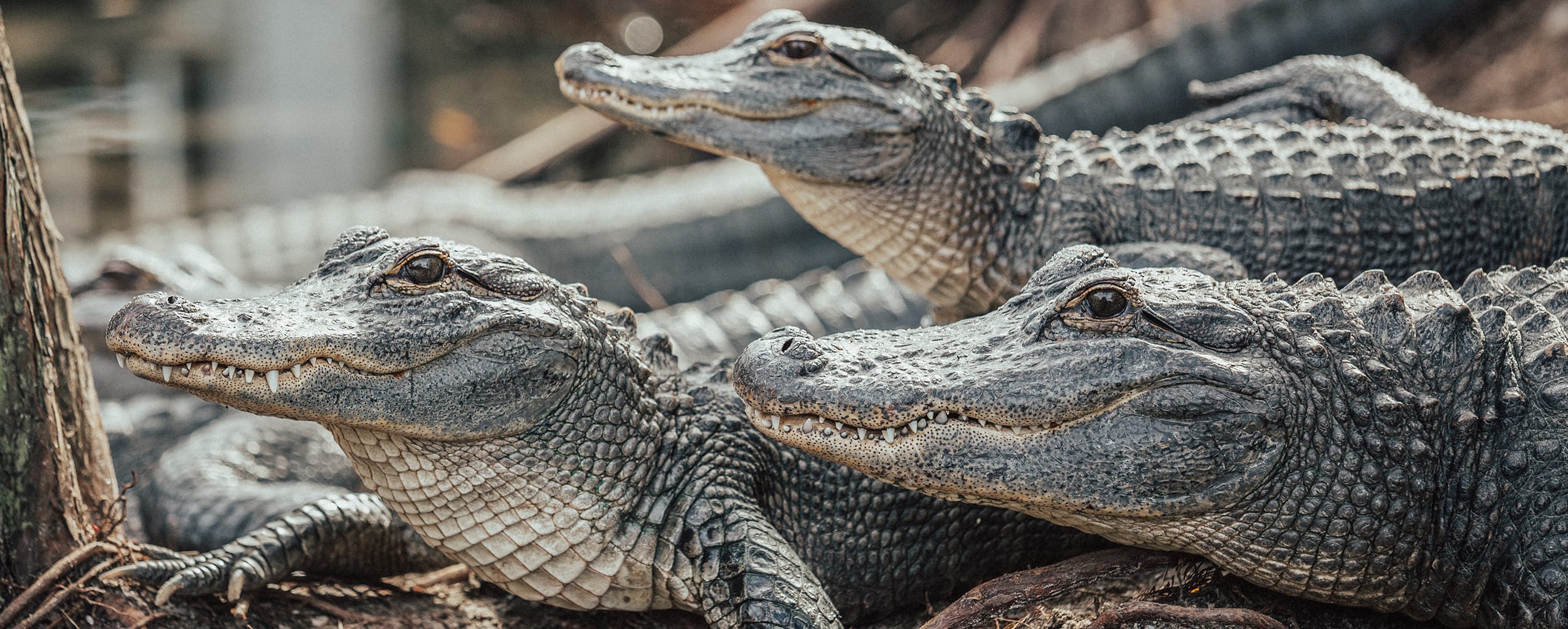February 2022 was historic.
It was a challenging but ultimately successful process through the preparatory meetings for the UN Environment Assembly. On 25th February, the UN Environment Programme’s Committee of Permanent Representatives agreed to propose the animal welfare nexus resolution to the Assembly for approval. The resolution was adopted on 2nd March 2022.
The resolution is a reason for celebration for animals and the environment. For the first time, on the 50th birthday of the UN Environment Programme (UNEP), the international community unanimously agreed on a resolution on animal welfare. It recognises that animal welfare is supported by a strong body of science, and that it contributes to addressing environmental challenges, promoting the “One Health” approach, and achieving the Sustainable Development Goals. This is a key first step towards elevating animal welfare in the international political arena.
The road to adoption—lined with global teamwork
This success was the culmination of a major effort from many stakeholders. The idea of the resolution was born at the Africa Animal Welfare Conference hosted by ANAW, AU-IBAR and UNEP in 2019. Since then, ANAW, AU-IBAR and WFA jointly supported the sponsoring member states and coordinated strategic advocacy worldwide through our membership. It was a major coordinated lobbying effort, led by WFA members, involving around 250 NGOs worldwide, and reaching the majority of the 193 states in the months prior to the UNEA conference, that ultimately achieved the unanimous support for the resolution.
WFA also co-facilitated one of the working clusters of the Global Forum of the Major Groups & Stakeholders, as a result of which all Major Groups and Stakeholders, including Women, Youth, Indigenous Peoples, Farmers, and African Regional groups, expressed their full support for the nexus resolution, submitted in a joint letter to UNEA.
In the ramp up to UNEA, with additional support from World Animal Protection, RSPCA, Mercy for Animals, FOUR PAWS, Eurogroup for Animals, Compassion in World Farming, Catholic Concern for Animals, World Horse Welfare, Asia for Animals, Animals Australia, ProVeg International, and Red LAPA, the team supported the final negotiations by providing advice to negotiators and influencing delegations.
As with all negotiations, there was significant debate. At the request of member states, several components of the original resolution text were frustratingly removed, including a call on member states to protect animals and their habitats, and a request for UNEP to promote animal welfare. Despite of these, the amended text retained its focus on an animal welfare, environment, and sustainable development nexus report to be prepared by UNEP’s Executive Director and presented at the sixth session of UNEA in February 2024. The resolution version submitted to UNEA for adoption thereby defined concrete activities that will set the stage for a more ambitious animal welfare agenda within the UN in the future.
As UNEA’s President gavelled the resolution, resounding cheers echoed throughout the plenary hall in Nairobi. It is the beginning of a new dawn, in which care for animals and care for the environment are finally seen together as vital, linked concerns for a new world. Without the enthusiasm, teamwork, and committed effort by our members and partners across the globe this success would not have been possible.
Moving forward – together
The resolution opens the door for the animal welfare community to influence UN policies with a view to improving all animals’ well-being. The development of the resolution’s report will allow animal welfare stakeholders to work closely with UNEP, the World Health Organization, the Food and Agriculture Organization, the World Organization for Animal Health, and the One Health High-Level Expert Panel.
The kind of vision, unity, and effort that led to this success will be essential in ensuring the effective implementation of the resolution. We need to make sure the report includes all relevant issues in relation to wild and domestic animals, to all the environmental crises, and to all the relevant SDGs. It needs to consult with scientists, indigenous peoples, communities, NGOs and other stakeholders. It needs to be open-minded, perspicacious, profound, and scientifically robust. It will need suitable terms of reference, sufficient political drive, and the resources to be well written and actionable.
WFA will promote and coordinate the participation of the animal welfare sector in this process. Together with ANAW and others, we will aim to ensure this report is set up well, and conducted robustly. This will include looking to our member organisations for input, insight and expertise to inform the report’s content. It will include working with ANAW and AU-IBAR to help the sponsoring member states to champion the report and create momentum for its adoption at UNEA 6. It will also include coordinating engagement with governments and stakeholders across the world, to ensure collective buy-in and contributions.
It will be crucial for all of us to continue engaging with our member states globally – just as we did to help get the resolution passed. If you are interested in being involved, please get in touch!
More to come…





